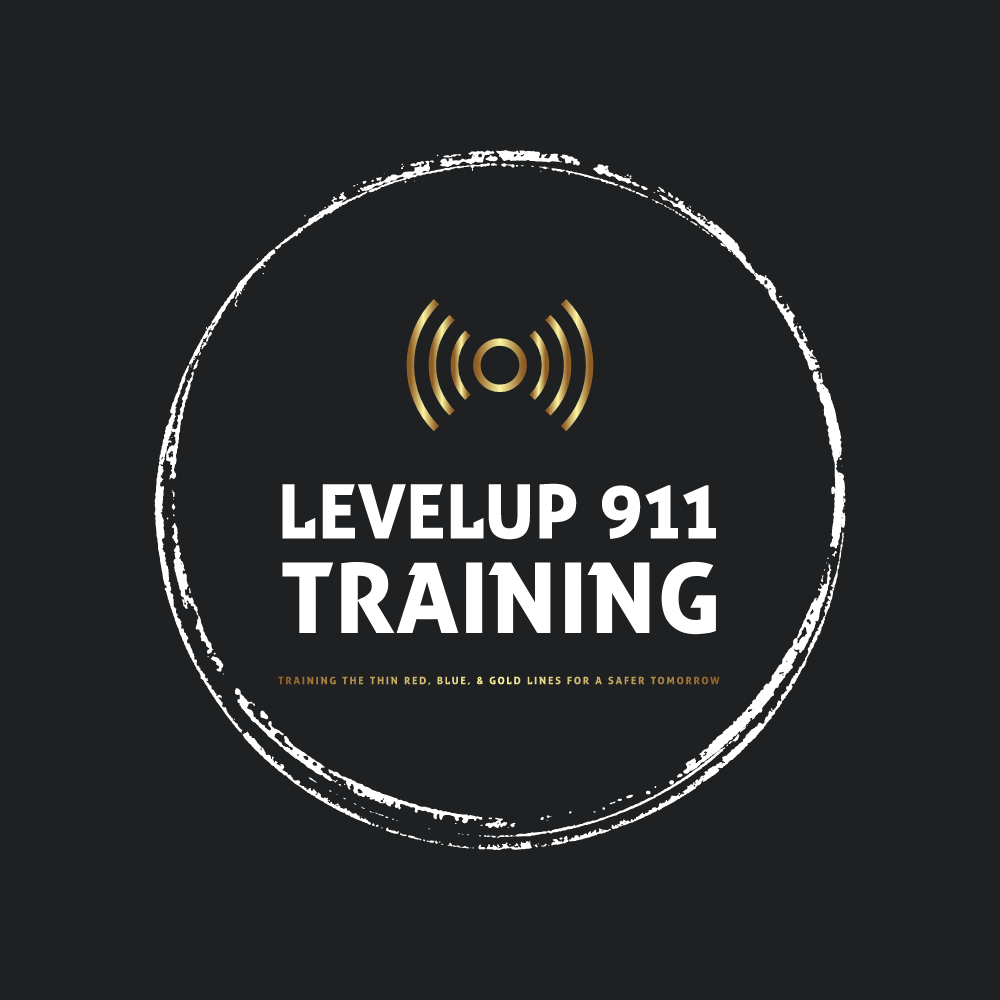The Dark Reality:
An Introduction to Human Trafficking
Course Overview: Understanding Human Trafficking and Sex Crimes
Human trafficking is a form of modern-day slavery that involves the exploitation of people through force, fraud, or coercion for labor or commercial sex. Victims may be forced to work in factories, farms, homes, or be exploited in the sex trade, often under threats, manipulation, or false promises. Many victims do not attempt to run from their traffickers due to fear, psychological control, language barriers, or lack of trust in authorities. Common myths—such as traffickers always kidnapping strangers or that victims are always physically restrained—mislead the public and hinder identification. In reality, trafficking is a hidden crime that happens in every town across the United States, and 911 dispatchers may be the first point of contact who can recognize subtle signs and initiate help.
Objectives/Reason to Take the Course:
Gain a Clear Understanding of Human Trafficking and Sex Crimes
Learn the legal definitions and real-world dynamics of trafficking and exploitation, including sex trafficking, labor trafficking, and child trafficking.Identify and Respond to Various Forms of Exploitation
Develop the ability to recognize indicators of trafficking and exploitation in diverse contexts and act appropriately.Explore the Root Causes and Contributing Factors
Examine how social issues like poverty, gender inequality, and migration contribute to human trafficking and sex crimes.Apply Practical Strategies in the Field
Acquire actionable knowledge and tools to effectively prevent, investigate, and intervene in trafficking-related cases.Enhance Professional Competency in High-Risk Situations
Strengthen your role as a law enforcement or emergency response professional through specialized training designed for real-world application.Improve Interagency Collaboration and Reporting
Understand how to connect with support systems, legal frameworks, and victim services for a coordinated response.


